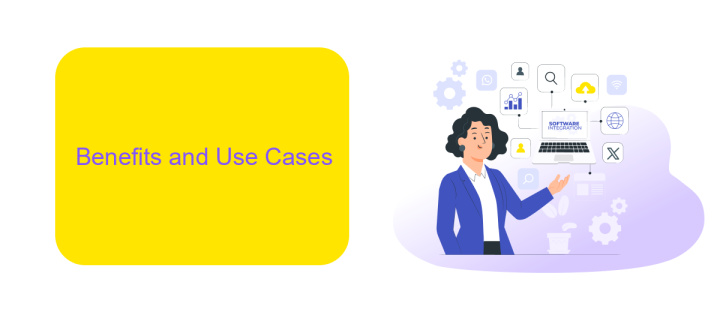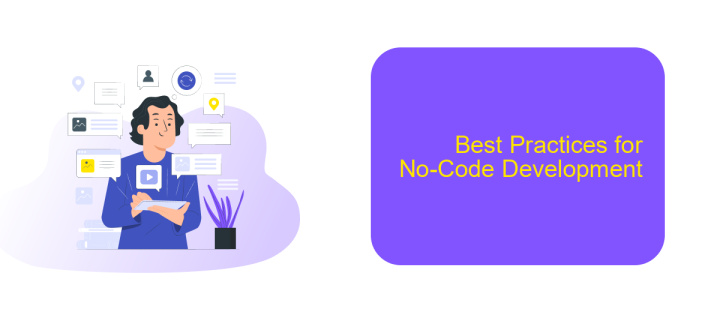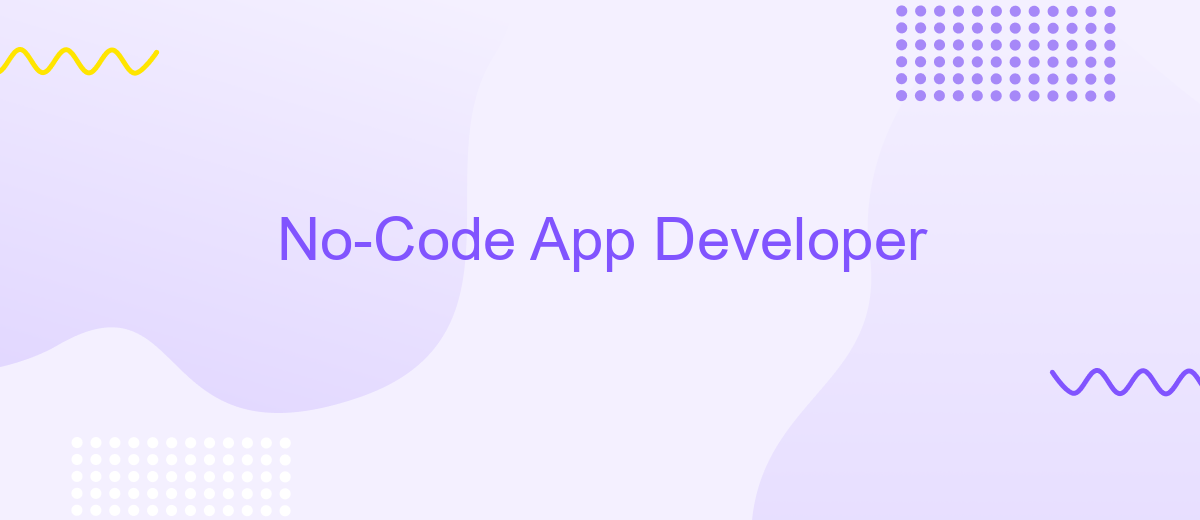No-Code App Developer
In today's fast-paced digital landscape, the demand for software solutions is skyrocketing. Enter the No-Code App Developer—a game-changer for businesses and individuals alike. By leveraging intuitive platforms, these developers can create robust applications without writing a single line of code. This democratization of app development is revolutionizing how we approach technology, making innovation accessible to all.
Introduction to No-Code Development
No-code development is revolutionizing the way we create software applications by removing the need for traditional coding skills. This approach allows individuals with little to no programming knowledge to build functional and sophisticated apps using visual interfaces and drag-and-drop tools. It democratizes app development, making it accessible to a broader audience.
- Quick and easy app creation
- Cost-effective development process
- Empowers non-technical users
- Reduces dependency on professional developers
One of the key advantages of no-code development is the ability to integrate various services seamlessly. Tools like ApiX-Drive simplify the integration process, allowing users to connect different applications and automate workflows without writing a single line of code. This not only enhances productivity but also ensures that apps can function cohesively within an existing tech ecosystem. As a result, businesses can innovate faster and respond more agilely to market demands.
Benefits and Use Cases

No-code app development offers numerous benefits, making it accessible to a wider audience, including those without technical backgrounds. By eliminating the need for traditional coding, it significantly reduces development time and cost. Businesses can quickly prototype and iterate their applications, responding swiftly to market demands. Additionally, no-code platforms often come with pre-built templates and drag-and-drop interfaces, enabling users to create functional and visually appealing apps effortlessly.
No-code solutions are versatile and can be applied across various industries. For instance, small businesses can develop custom CRM systems, while educational institutions can create e-learning platforms. One notable use case is the integration of different services through tools like ApiX-Drive, which simplifies the process of connecting multiple applications without coding. This enhances workflow automation and data synchronization, ensuring seamless operations. Overall, no-code app development empowers organizations to innovate and optimize their processes efficiently.
Getting Started with No-Code Development

Embarking on your no-code development journey is both exciting and straightforward. With no prior coding experience required, you can bring your app ideas to life quickly and efficiently. The first step is to choose a no-code platform that suits your needs, such as Bubble, Adalo, or Glide. These platforms offer drag-and-drop interfaces and pre-built templates to get you started.
- Sign up for a no-code platform of your choice.
- Explore the platform’s tutorials and documentation.
- Start with a simple project to familiarize yourself with the tools.
- Utilize community resources and forums for additional support.
- Consider using integration tools like ApiX-Drive to connect your app with other services.
Once you are comfortable with the basics, you can delve into more complex projects. Integration tools like ApiX-Drive simplify the process of connecting your app with various external services, enhancing its functionality without writing a single line of code. With persistence and creativity, you’ll be able to build robust applications that meet your specific needs.
Best Practices for No-Code Development

No-code development empowers individuals to create applications without traditional coding skills, but it’s essential to follow best practices to ensure success. First, start by clearly defining the problem you aim to solve and the requirements of your application. This will guide your development process and help you stay focused.
Next, choose the right no-code platform that suits your needs. Consider factors like ease of use, available features, and integration capabilities. Platforms such as Bubble, Adalo, and Webflow offer various functionalities tailored to different types of applications.
- Plan your app's structure and user flow carefully.
- Utilize templates and pre-built components to save time.
- Test your application thoroughly before launch.
- Ensure your app is scalable and can handle future growth.
- Leverage integration tools like ApiX-Drive to connect your app with other services seamlessly.
Finally, continuously gather user feedback and make necessary improvements. No-code development is an iterative process, and staying adaptable is key to creating a successful application. By following these best practices, you can maximize the potential of no-code tools and deliver a robust, user-friendly app.
Future of No-Code Development
The future of no-code development looks incredibly promising as more businesses and individuals seek efficient ways to build applications without extensive coding knowledge. With advancements in AI and machine learning, no-code platforms are becoming more intuitive and capable, allowing users to create complex applications quickly. This democratization of app development empowers non-technical users to bring their ideas to life, fostering innovation across various industries.
Integration capabilities will play a crucial role in the evolution of no-code platforms. Tools like ApiX-Drive, which streamline the process of connecting different applications and services, will become increasingly important. By simplifying integrations, no-code developers can focus more on creativity and functionality rather than technical hurdles. As these platforms continue to evolve, we can expect even more robust features, enhanced security, and greater scalability, making no-code development a cornerstone of the digital future.
FAQ
What is a No-Code App Developer?
Do I need any programming knowledge to be a No-Code App Developer?
What types of applications can I build with no-code platforms?
How can I integrate different services and automate workflows in my no-code app?
Are no-code apps scalable and secure?
Routine tasks take a lot of time from employees? Do they burn out, do not have enough working day for the main duties and important things? Do you understand that the only way out of this situation in modern realities is automation? Try Apix-Drive for free and make sure that the online connector in 5 minutes of setting up integration will remove a significant part of the routine from your life and free up time for you and your employees.

